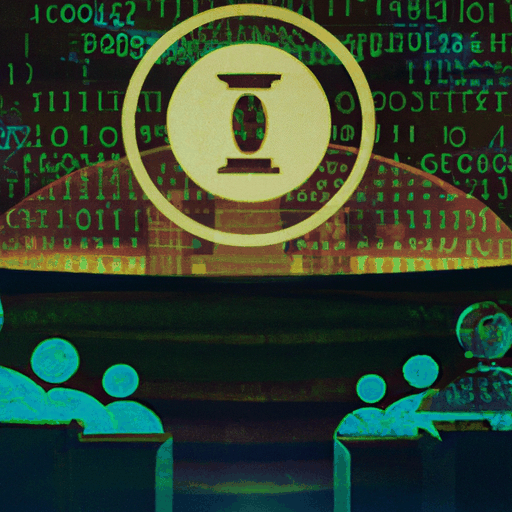
OpenAI Challenges Indian Court Over ChatGPT Data Dispute
By: Eva Baxter
OpenAI has recently contested the jurisdiction of an Indian court to mandate the removal of its ChatGPT training data. This legal battle arises from a case filed by Indian news agency ANI, which accuses OpenAI of using its content without permission to train its widely popular AI language model.
In its extensive 86-page response to the Delhi High Court submitted on January 10, OpenAI argues that the court's directive could conflict with U.S. laws that require the firm to preserve its training data during ongoing litigation. This defensive stance highlights a complex intersection between international legal frameworks, as OpenAI maintains that its operations are not bound by Indian jurisdiction, given the absence of any physical presence or servers in the country.
Amidst these tensions, OpenAI asserts its commitment to halting the future use of ANI's content. Nevertheless, ANI raises concerns that the ingested data already within ChatGPT poses risks of unauthorized material reproduction. The agency further accuses OpenAI of engaging in unfair trade practices through deals with global media outlets, accusing the AI of replicating its articles almost verbatim in some cases.
A pivotal hearing on this contentious issue is set for January 28. ANI, partly owned by Reuters, believes that the Delhi High Court can effectively address its grievances, despite the global complexities involved. This lawsuit is just one among several copyright claims challenging AI firms accused of improperly using protected materials for training models. OpenAI faces similar allegations in the U.S., notably from The New York Times, continually emphasizing that its AI systems operate using publicly available information under fair use defenses.
OpenAI's stride in AI innovation is also marked by its latest service for ChatGPT users, transforming the chatbot into a virtual assistant capable of booking flights and even ordering food. However, access to this level of service comes with a premium price tag of $200 per month, targeting users seeking advanced task management solutions.



